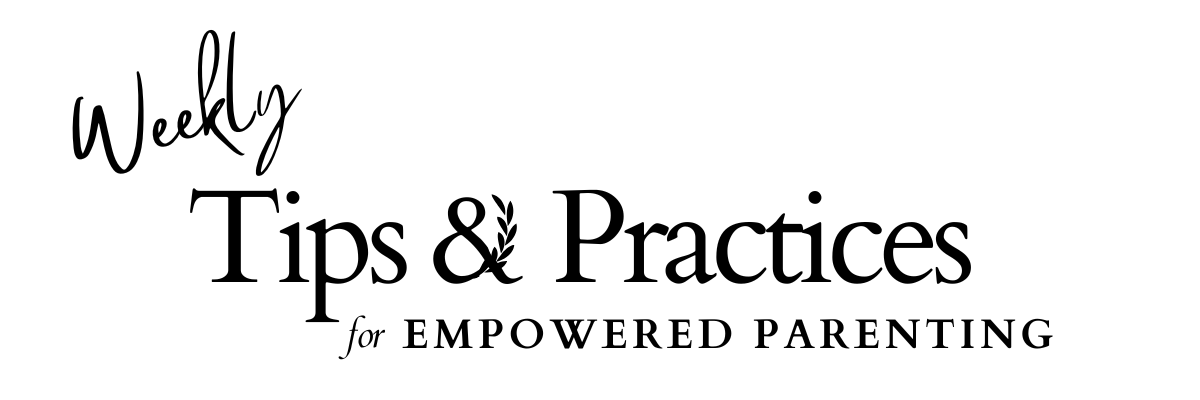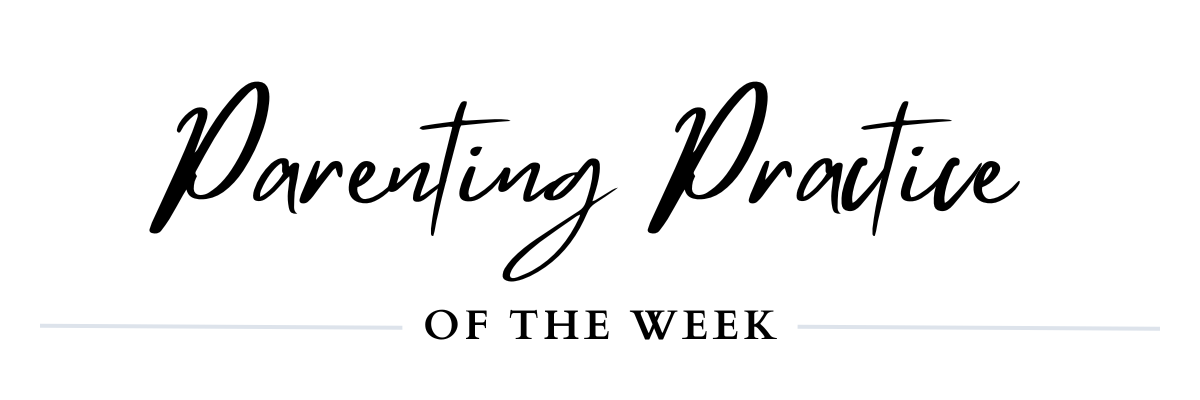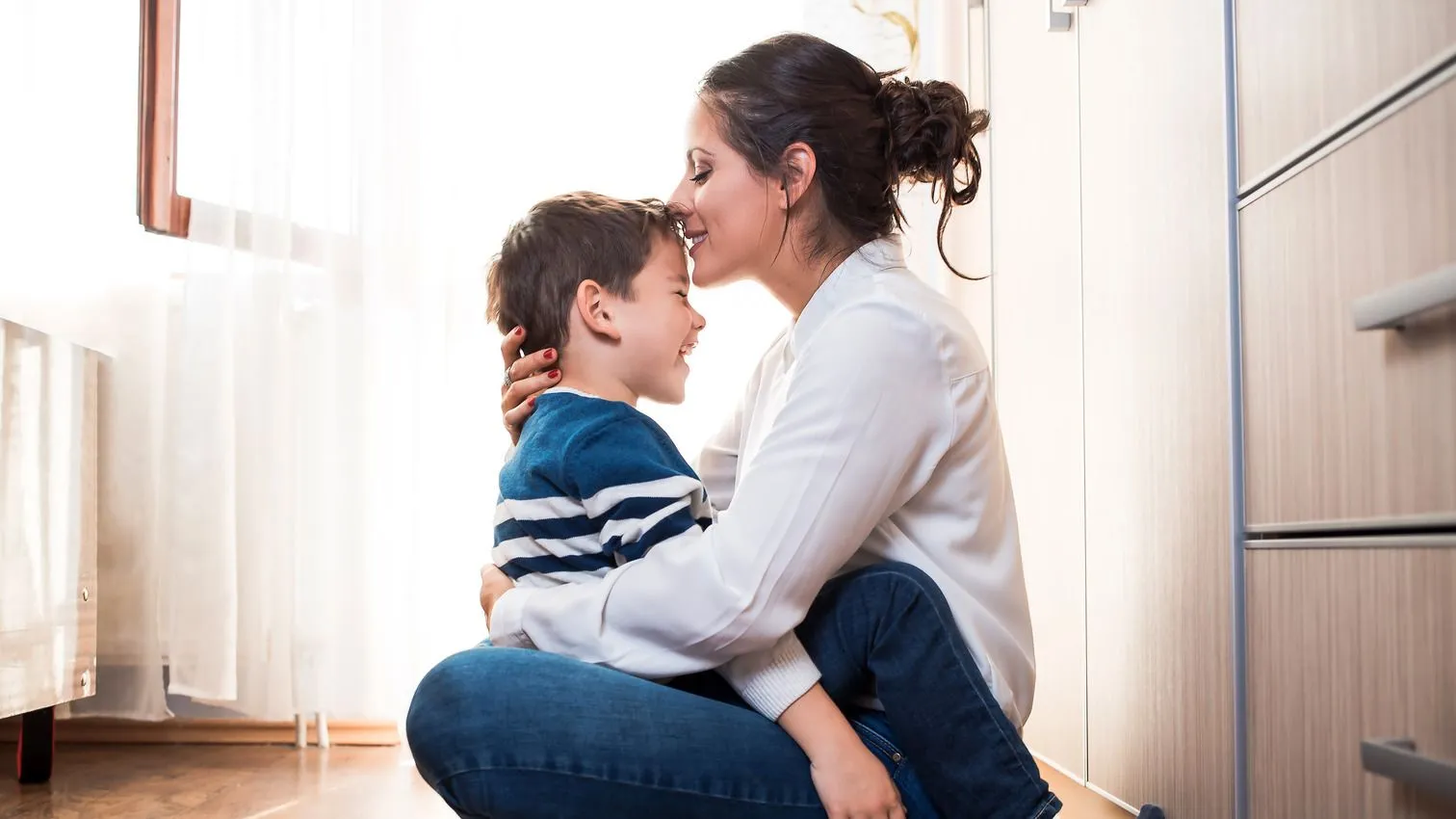The Impact of Harsh Criticism

Imagine you have had a really hard day at work. You come home, and your partner criticizes you for something you did. Do you feel motivated to do it differently next time?
How about a boss who presents you with feedback in a way that makes you feel terrible about yourself - is that motivating for you to hear?
Even as adults, we desire calm and positive feedback. Feedback delivered in the right way can bring us humility while empowering and inspiring us to do better next time.
When someone delivers us feedback in the form of criticism or negativity, we are likely to become defensive. Negative feedback activates defensiveness because it doesn’t consider our good intentions or the pains and longings beneath our behaviors and choices.
This is even truer for our kids, whose brains develop long until the age of 25 years old.
When we give our kids feedback with negativity and harshness, they feel instantly disconnected from us. With that disconnection comes a lack of motivation.
You may see a shift in your child’s behavior after you deliver harsh feedback. Still, it might be because they are scared or avoiding that reaction from you again, not because they now have internal motivation to do better.


Assume Good Intentions
To help practice shifting this pattern, we can assume good intentions and use play to practice skills.
To assume good intentions means we choose to see our children’s hearts and goodness, even in their worst moments. We assume that their worst moments are fueled by deep pain and longings that were not met. This mindset allows us to meet our children in their unskillful expression of that pain and those longings. Here, we get to validate their internal experience while separating their unskillful expression.
This unskillful expression (behavior) is what we get to practice together. We get to trust that we can figure this out together. It’s us versus the problem (not me versus you).
We can use play to practice skills! Don’t be afraid to get silly and creative here. Bringing light to a more serious issue can be healing and bring trust and empowerment into the moment. You can role-play whatever happened earlier that didn’t go quite right. Take turns playing different roles and trying various ways to express yourself. Feel into how each person might react in different versions of the scene. This playful interaction lets you talk about what happened and how everyone involved can handle it better next time.
Through play, we signal safety to our children and show them that
“we can handle this.” We can even say to them,
“I trust your big and beautiful heart. We will work together to practice ways you can express your needs and desires so that others can hear and understand you.” With consistent practice, you can bet your child will feel more empowered to show up in new ways next time, leading from the goodness of their heart.
READ MORE:
The Jai Institute for Parenting. All Rights Reserved.












